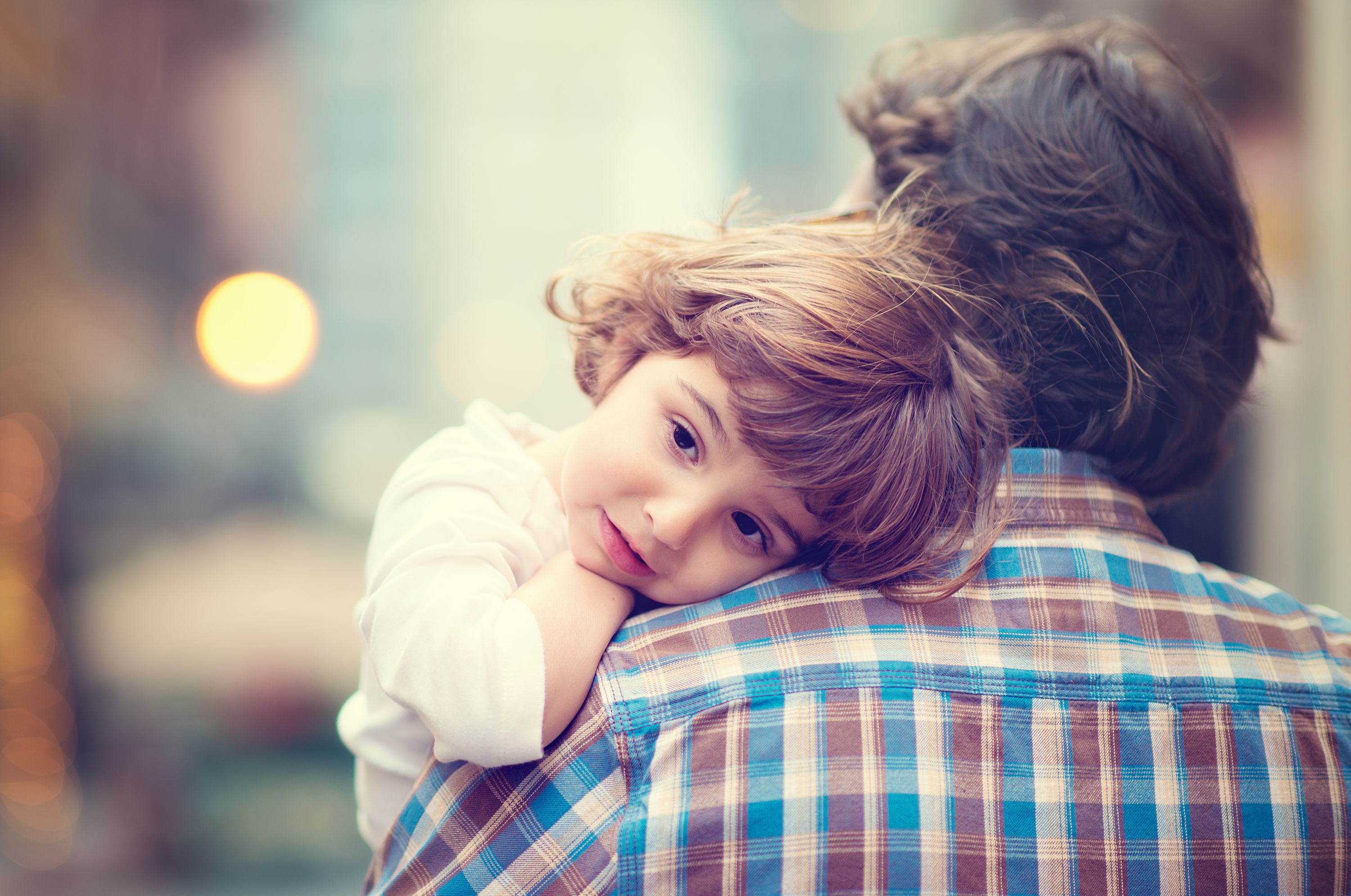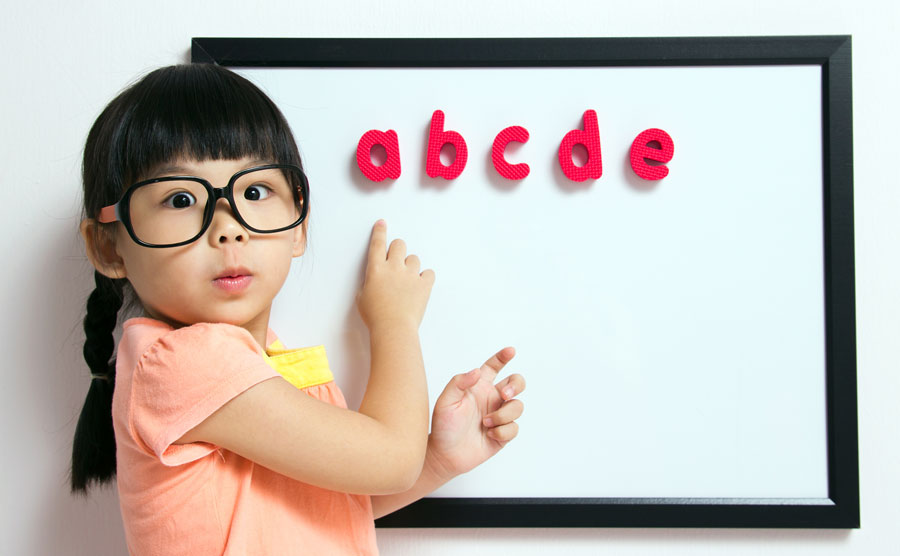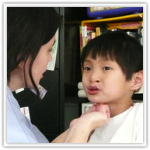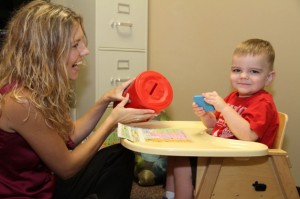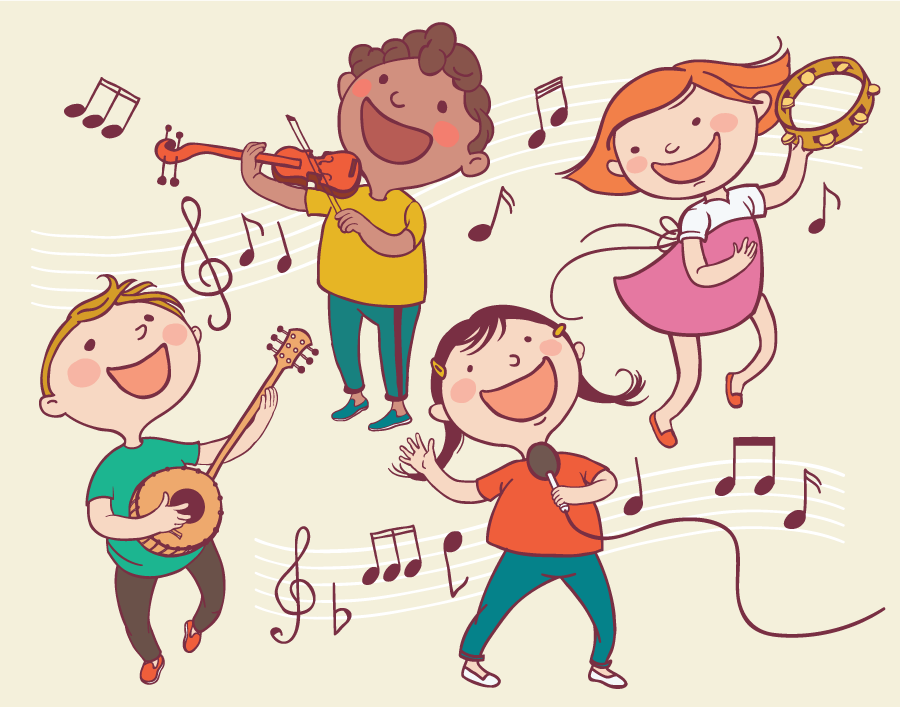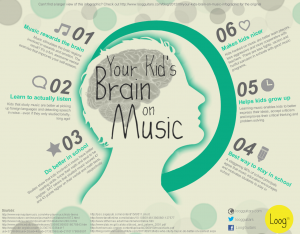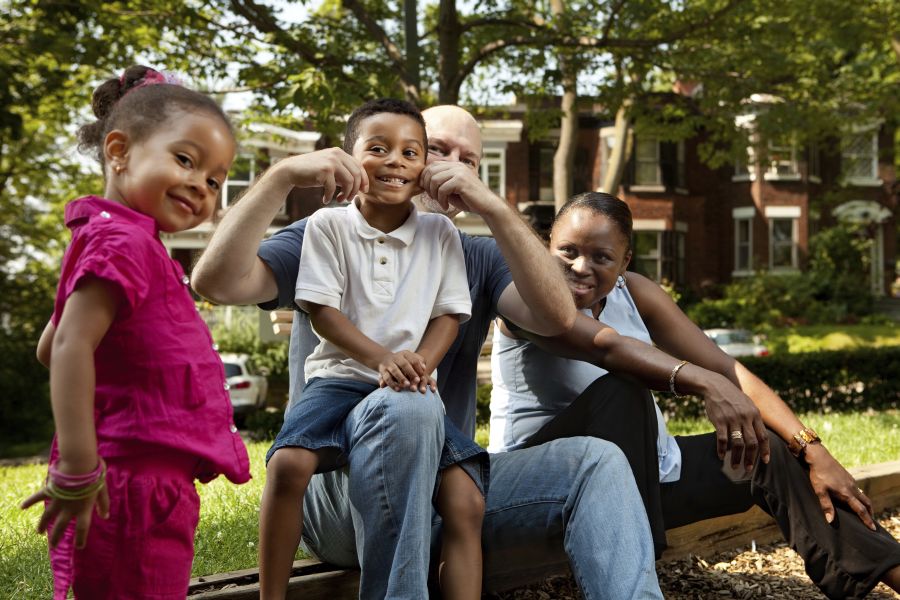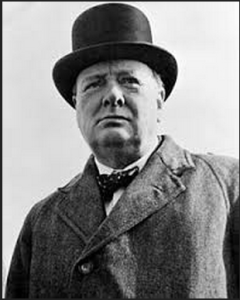How do you know if your toddler has speech delay? Don’t hit the panic button yet! There’s a chance your child could just be a late talker. A late talker is a toddler between the ages of 18 to 30 months, who is developing normal play, social, thinking and motor skills, but who is limited in spoken vocabulary for their age. Toddlers who are late talkers do not necessarily have speech delay. Most late talkers have difficulty with expressive language. Expressive language is used by toddlers when they are communicating their wants and needs. For example, asking for “milk” is a way that toddlers use expressive language to communicate their desire for a particular drink. Learn more about speech delay in toddlers below.
Effect of Stroke on Speech and Language
News Speech and Hearing Disorders Speech Disorders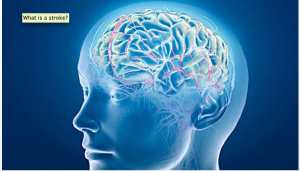
Effect of Stroke on Speech and Language. Image courtesy of www.ndtv.com
Whether or not you are a country music fan, you may have heard recently that grammy-winning country singer Randy Travis has been left unable to speak or sing due to a stroke he suffered last year. After his stroke in July 2013, he was able to restore much of his motor functions with physical therapy, but has not regained his speech. According to the National Stroke Association, stroke, or cerebrovascular accident (CVA) usually affects one side of the brain. Movement and sensation for one side of the body is controlled by the opposite side of the brain. What does this mean? If a stroke affects the left side of the brain, there will be problems with the right side of the body.
What to Expect: Your Four-Year-Old’s Speech Milestones
Language Development Parents' Corner Pronunciation & Lisps Speech DisordersWhen it comes to speech and language skills, every child develops at a different rate. That being said, there are some generally predictable milestones that each child achieves as they grow and learn. It usually takes about 8 years for a child to master all the speech sounds in the English language.
Although there are only 26 letters in the alphabet, there are 44 distinct sounds!
According to Heidi Hanks, M.S.CCC-SLP, founder of Little Bee Speech, and the terrific website Mommy Speech Therapy, one way to determine if your child’s speech is progressing at a normal rate is using what is called “speech sound norms.” According to Heidi, speech sound norms are tools that speech language pathologists (SLP’s) use to help guide them in determining which errors are developmentally appropriate and which errors are not. There are multiple speech sound norms that are currently being used by SLP’s all around the world.
Speech Buddies Partners with The Cleft Lip & Palate Foundation of Smiles
Cleft Lip and Palate News Parents' CornerWe are thrilled to announce a new partnership that Speech Buddies has formed with The Cleft Lip & Palate Foundation of Smiles. Cleft lip or palate is one of the most common birth defects in the United States, affecting around 1 in 600 children nationwide. Children who are born with cleft lip or palate are likely to have speech difficulties, as too much air fills the open nasal cavity, making their speech sound “slushy.”
What Happens In Speech Therapy?
Language Development Parents' Corner School Speech Disorders Speech Therapist Speech Therapy TechniquesWhat happens when your child visits a speech-language pathologist? What exactly will the SLP do? These are questions that many parents ask when their child has been recommended to start a speech therapy program. In order for you to set your expectations (and your child’s), here are the basics of what to expect from a speech therapy program. Of course, each course of therapy is tailored personally to your child’s particular speech disorder, or speech impairment. This should serve as a general guideline about the entire process.
Tips For Teaching the “th” Sound
At Home Ideas Parents' Corner Pronunciation & Lisps Speech Disorders Speech Therapy TechniquesOften, we are asked for suggestions on how to teach the sound of “th.” While Speech Buddies offers tools to help overcome many speech difficulties and articulation disorders, we do not have a tool for the sound of “th.” This is what we offer parents who are looking for help teaching their children to correctly pronounce the “th” sound. Continue reading
6 Songs For Speech Therapy
At Home Ideas Parents' Corner Speech Disorders Speech Therapy Ideas Speech Therapy TechniquesDo you have a little Stevie Wonder on your hands? Lady Gaga? Do you hear singing at all hours of the day? If so, you know that singing and songs are a significant part of your child’s life. In fact, many children sing more than they talk! Through singing and song, children can actually achieve improved articulation skills, just from belting it out. Even simple children’s nursery rhymes can help develop pronunciation and articulation skills. For children who need any type of speech and language therapy, music is essential. It is motivating, familiar, rhythmic, stimulates a variety of senses and most of all – FUN!
Continue reading
How to Develop Correct Speech Habits at Home
At Home Ideas Language Development Parents' Corner Speech Disorders Speech Therapy Techniques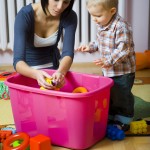
You Can Help Develop Correct Speech Habits at Home. Image source: blogs.trb.com
Whether or not your child has been diagnosed with a speech sound disorder, there are many things you can do at home to help develop correct speech habits. You can even start developing these habits when your child makes his first babbles! Every child develops at a different rate and there is a wide range of what is considered normal in a child’s language development. You can take an active role in helping encourage your child’s speech and language development, just by adding a few easy steps into your daily routine.
Speech Impediment in Children: What Is Cluttering?
Pronunciation & Lisps Speech DisordersWhat is cluttering, and how is this different than stuttering? We’ve heard that question many times from readers, so we thought we’d take a moment to explain the speech disorder called cluttering in more detail. Cluttering is a speech and communication disorder that affects a person’s ability to convey speech in a clear and concise manner. It is often characterized by an abnormally rapid rate of speech, difficulty organizing thoughts or getting to the point and words that sound like they are “running into each other.”

